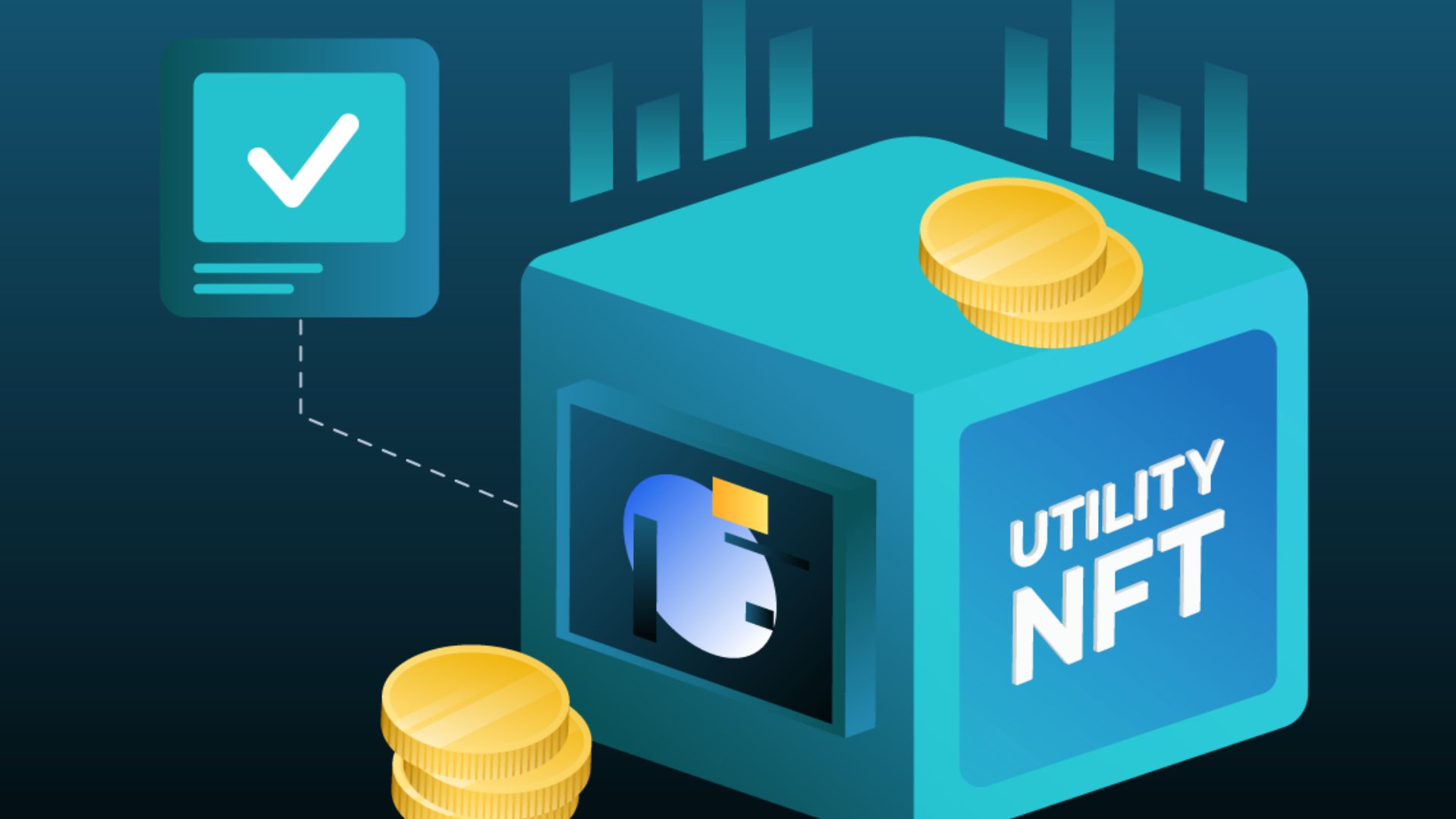Hot Wallet vs. Cold Wallet: Key Comparison 2024
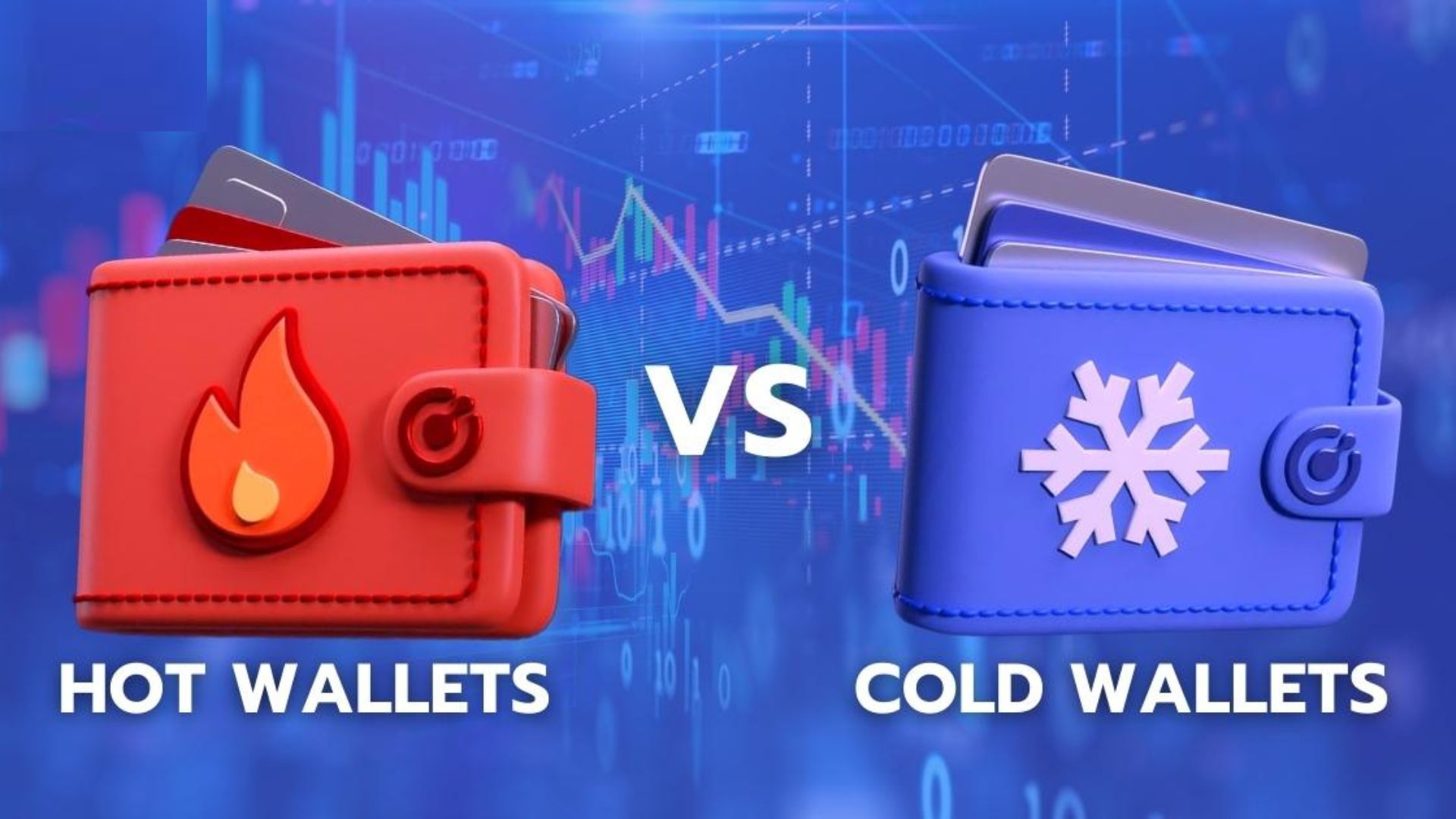
Hot Wallet vs. Cold Wallet: Key Comparison 2024. There is no getting around the need to figure out a safe place to keep your digital assets if you intend to purchase them. Cryptocurrencies, unlike fiat money, are decentralized and stored in a special platform called a wallet. By utilizing public and private keys, these wallets provide you access to your cryptocurrency assets.
To transfer and receive cryptocurrency, you need a public key, and to verify transactions and show ownership of a cryptocurrency wallet, you need a private key. Imagine your public key as the number associated with your bank account and your private key as the PIN. The primary distinction between hot and cold wallets is the location of private key storage; the former keeps keys online, and the latter offline. Learn all about the pros and downsides of hot and cold wallets, how to choose the right one for your needs, and how to use them to keep track of your cryptocurrency holdings in this comprehensive essay.
What is a Hot Wallet?
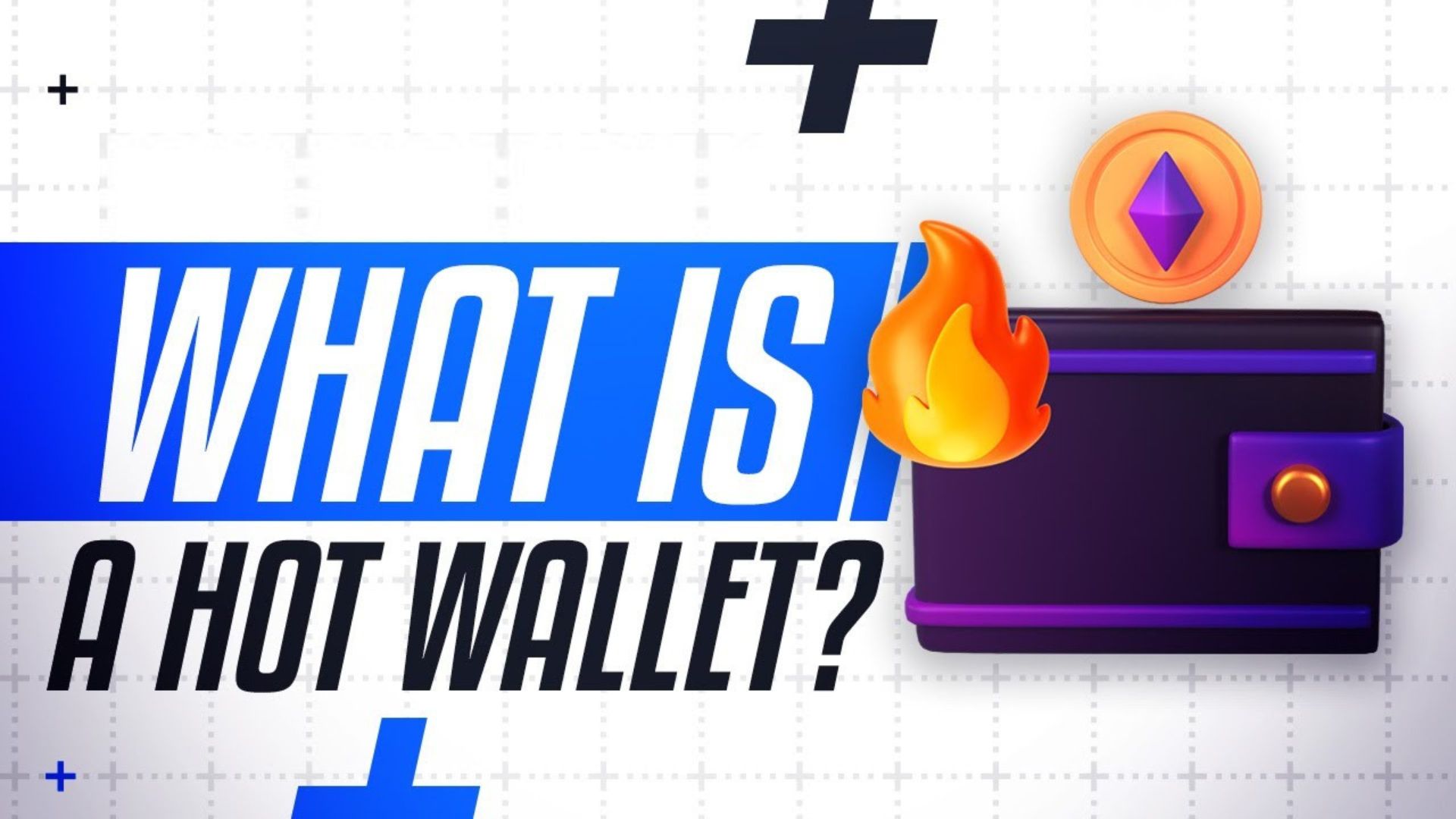
Online storage of public and private keys is the function of a “hot wallet,” a kind of software wallet. When you have an internet-connected device, like a computer or smartphone, you can access it. Hot wallets are more practical for everyday usage because all you need is an internet connection—no need to plug them in and out constantly. In addition to being easy for anyone to pick up and use, they are usually free to download and use. You put yourself in danger of phishing and other scams when you use a hot wallet since your public and private keys are stored online.
Types of Hot Wallets
A user can utilize an exchange-based hot wallet, in which case the exchange will hold onto their cash, and a non-custodial software hot wallet, in which case the user will keep their assets on their own.
Exchange-Based Wallets
Centralized exchanges include wallets that are based on them. Organizations facilitating centralized exchanges act as custodians for their subscribers’ private address keys. Since the funds are stored in the custodial financial platform’s hot and cold wallets, the consumers do not have full control over their assets.
Users run the danger of the exchange participating in suspicious actions that lead to the theft of their money, as with FTX in November 2022. There is a growing movement in the market to introduce Proof of Reserves to increase transparency and ensure that custodial institutions are held responsible for their clients’ tokens. Although centralized exchange activity is declining, wallets that facilitate purchasing and selling cryptocurrencies for fiat currency continue to enjoy widespread popularity, particularly among retail investors. Contacting the exchange’s customer care will also restore access to your wallet if you lose your login details.
Non-Custodial Software Hot Wallets
Detention-free software: Whether on the go or a desktop computer, hot wallets are accessible anywhere. You can usually reach them on any of the three. Users of these “hot wallets” retain complete authority over their cryptocurrency holdings and are solely liable for the security of their private keys. Although your money is not kept in a custodial institution, it is safe in a bank run. However, if you misplace your seed phrase, you cannot access your wallet and cryptocurrency.
What is a Seed Phrase?

One alternative name for a seed phrase is a recovery phrase. You can use this random string of 12, 18, or 24 words as a master key to retrieve on-chain crypto assets. The public key is created from the seed words used to build the private key. Typically, when you install wallet software, it will generate a seed phrase and tell you to write it down and save it somewhere secure. Users must always keep the seed phrase in a secure location and not share it with anyone online because it serves as the master key to their wallet.
You shouldn’t merely jot down your seed phrase on some old piece of paper that will eventually fade or be destroyed by fire or water. Rather, produce several backup copies of your seed phrase and record it using crypto steel. You should never save your seed phrase in a password manager, on your device, or anywhere else online. Please do not do anything with it, including photographing it or saving it to a Google Doc or Note.
Examples of Hot Wallets
MetaMask – Best for Exploring the Ethereum Ecosystem
One of the most well-known cryptocurrency hot wallets, MetaMask, is compatible with all tokens with EVM. It’s accessible from any computer or mobile device and is simple to use. On top of that, it comes with additional built-in functions for collecting NFTs across networks and transferring and receiving crypto.
Exchange-Based Wallets – Easy Fiat On-Ramp
Like MetaMask, exchange-based hot wallets typically work on desktop computers and mobile phones. To facilitate onboarding, exchange-based wallets integrate with most banks, enabling first-time cryptocurrency buyers to bypass intermediaries and purchase cryptocurrency directly from their bank accounts. Creating an account with the exchange may be a prerequisite to using their wallet services. The problem is that these wallets based on exchanges are custodial, meaning that the exchange keeps your private key and your coins and promises that you can withdraw them whenever you want.
Exodus – Best for Desktop
With its lightning-fast transactions, intuitive interface, and extensive client features, Exodus stands head and shoulders above the competition as the premier desktop hot wallet. Among cryptocurrency wallets, it ranks high for both aesthetic appeal and user-friendliness. Originally designed solely for desktop computers, it now includes mobile compatibility. There is still a desktop client for Windows, Linux, and Mac called Exodus, which is the main offering from the wallet.
What is a Cold Wallet?
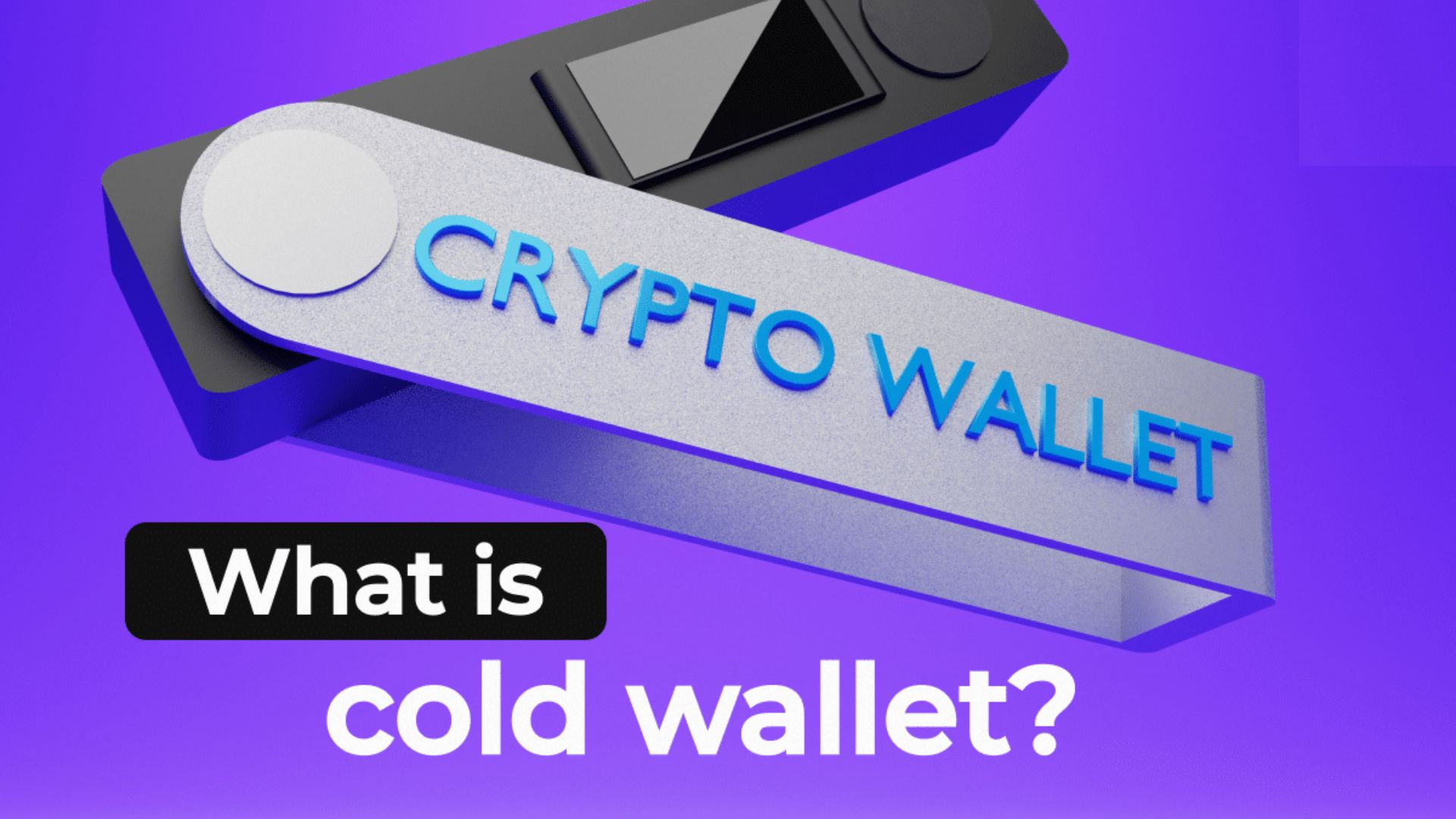
For $50 to $250, you may get a cold wallet, also known as a hardware wallet, which physically saves your private keys offline. The best cryptocurrency wallets are cold wallets since hackers can’t access them (unless they also have the hardware wallet) because they aren’t linked to the internet.
Hardware wallets are physical storage devices like USB sticks or hard drives. They store your private keys, passcodes, and PINs on the device. The chip that stores cold wallet private keys never connects to the internet, protecting them from PC malware. Your Bitcoin will be safe if a hacker breaks into your computer or online wallet but doesn’t take your passcode or device.
Cold wallets are convenient but also vulnerable to theft because of their physical nature. If your cryptocurrency hardware wallet gets stolen or lost, you can recover your private keys using your seed phrase. Keep your seed phrases in a secure, offline location with a physical copy. Use a cold wallet to hold cryptocurrencies rather than trade them.
Ledger
Ledger’s Nano X, Nano S, and Nano S Plus are among the most sought-after options among the several crypto hardware wallets available. These tiny devices, which are about the size of a thumb drive, are powered by the Blockchain Open Ledger Operating System, which Ledger developed. There are two buttons for confirming transactions and an integrated, crisp OLED screen for the user interface. Along with its secure element chip, which stores encrypted data, and the Ledger Live mobile app, Ledger offers an extra layer of protection. Their most popular product, the Ledger Nano X, is compatible with over 5,500 tokens.
Trezor
Trezor is another popular hardware wallet option, which also makes the Trezor Model T and the Trezor One. The Trezor Model T includes the Trezor Suite for Android, a web browser, and a PC, and it is compatible with 1,456 coins and tokens. Get your hands on cryptocurrency, keep track of your assets, and send and receive funds securely using Trezor Suite, an intuitive user interface. The user experience is enhanced, but security risks may be introduced due to using internet-enabled gadgets.
Considerations When Choosing a Wallet
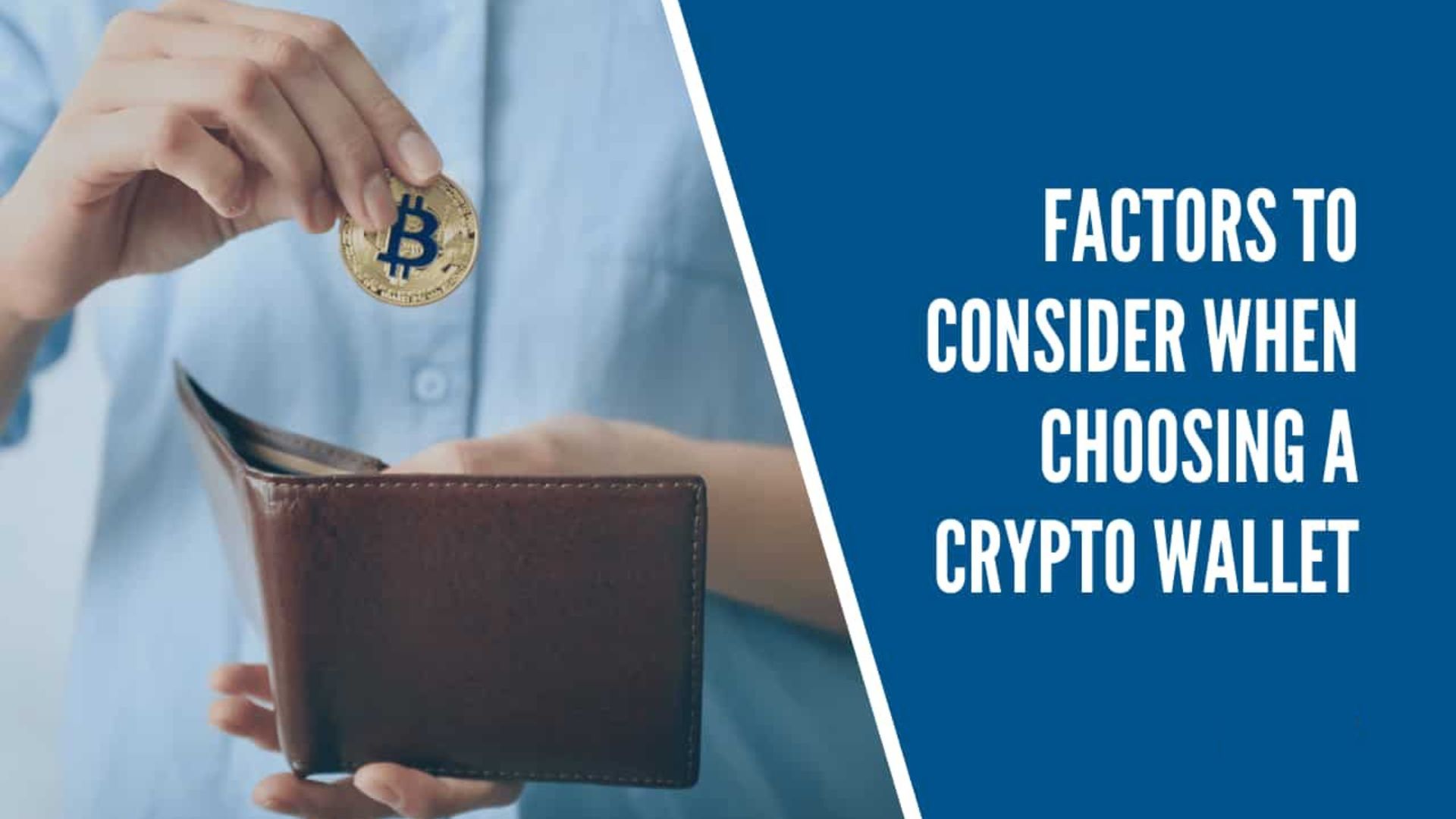
Your choice is a hot wallet, cold wallet, or hybrid, depending on your requirements. In this table, we have summarized the comparisons between the three wallet kinds discussed earlier:
Security
When picking a cryptocurrency wallet, security should be your priority. You should ensure your wallet has top-notch security features because blockchain technology is renowned for being secure and unchangeable. Compared to hot wallets, cold wallets offer better security because they aren’t constantly linked to the internet, reducing the likelihood of cyber threats like phishing and other scams. In addition, to safeguard your valuables from illegal access, make sure your wallet supports two-factor authentication (2FA).
Convenience
Plugging physical devices and connecting to web-based accounts is necessary for cold wallets to transfer funds, as they keep private keys offline. In contrast, hot wallets are always accessible online, making them ideal for routine activities such as day trading.
Additional Transaction Fees
Gas fees will still apply to you, no matter which wallet you use. Exchange-based wallets may incur gas fees, but if you hold or stake the exchange’s native token, this fee is waived. Verify the service fees of any wallet you’re considering downloading or buying before you commit.
Supported Coins
You should check that the wallet you intend to use is compatible with the coin you intend to invest in. Yeah, some wallets only work with one coin! Take mycelium as an example. Although it has great features, it is Bitcoin only. To avoid disappointments, verify the wallet’s supported coins and tokens list before using it.
Insurance
If a user suffers losses due to theft or technical difficulties, certain custodians may offer asset insurance. Since their rules could vary, choosing a custodian who works in tandem with a bank to safeguard your assets is wise. For clients in the United States, Binance offers deposit insurance up to $250,000. Together with the Federal Deposit Insurance Corporation (FDIC), the policy is being put into action.
Using Hot and Cold Wallets to Manage Your Crypto Portfolio
Hot wallets are much more practical for everyday usage than cold wallets. Cold wallets, in contrast to hot wallets, ensure the highest level of security. A wide variety of cryptocurrencies are compatible with both wallets. Consequently, it would be best to consider the security of your cash versus the convenience of utilizing a wallet frequently when deciding which wallet is best for you. Combining the two approaches gives you the best of both worlds. If you want to trade with a small portion of your funds, you can store them in a hot wallet. You can retain the remaining funds in a cold wallet for long-term investment.


